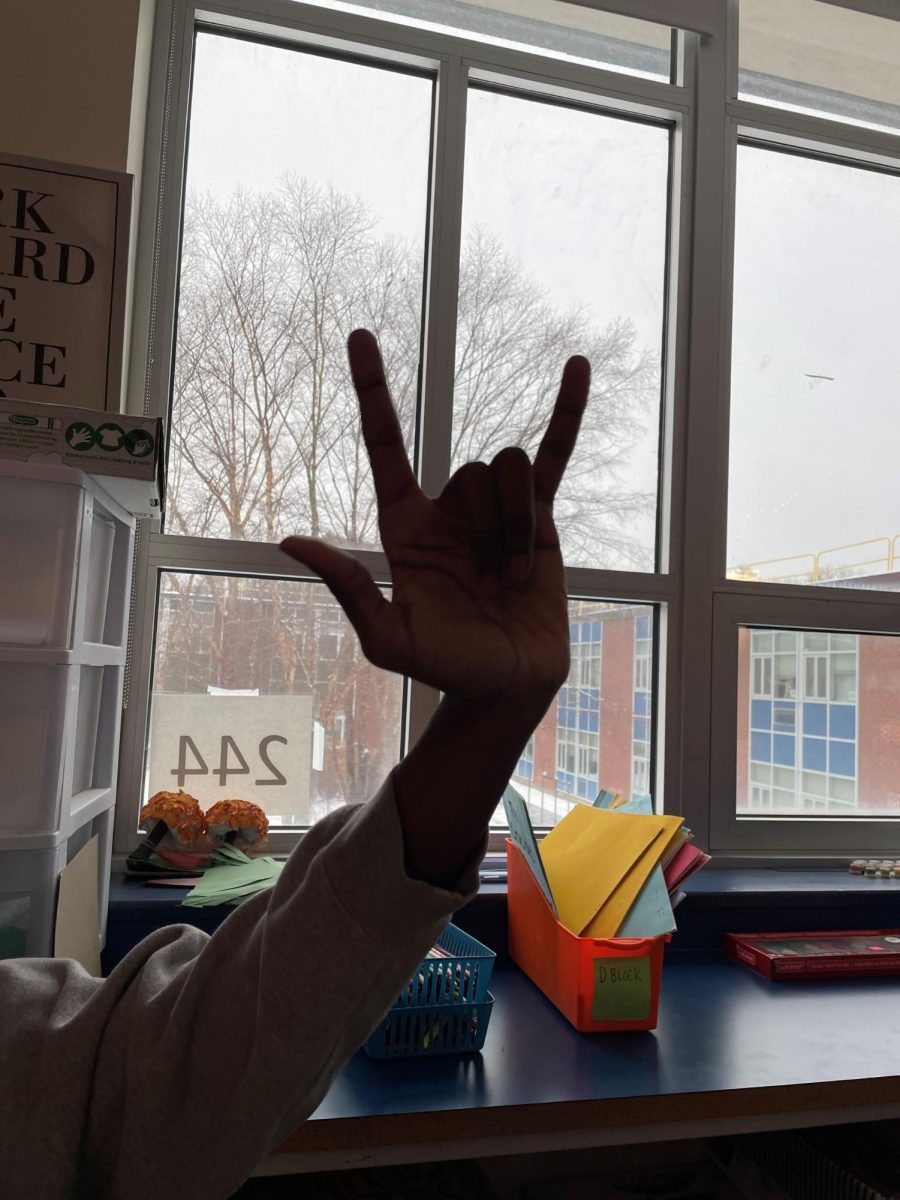Two million people in the United States are deaf or have been diagnosed as hard of hearing, but only 750,000 US citizens know sign language. Interactions with deaf and hearing people occur daily, but oftentimes, it is difficult for them to communicate with each other. Scituate High School would greatly benefit from an ASL program to bridge the gap between hard of hearing and hearing populations.
Studies from research at Pennsylvania State University compared the reading levels of students who were taught ASL and students who weren’t. Students who learned ASL demonstrated reading level improvements of up to 15-20% in speech and vocabulary. When students learn ASL, pictures are associated with words, giving a better understanding and easier recall of new vocabulary.
Quicker response times and more creative imagination are linked with learning ASL, as it involves greater activity in the parts of the brain that process visual information. There have also been studies from the Los Angeles Times that suggest a higher IQ is present in those who know ASL.
How would an ASL course at Scituate High School impact students? Offering a new language class would spark new interest. ASL would provide benefits to further careers and opportunities such as sign language interpretation and deaf education and also help inclusivity throughout the school. Understanding others who have impairments is essential in teaching students about diversity and different types of communication.
Teaching American Sign Language will have many benefits, including improved memory, attention, problem-solving abilities, and fine motor skills. It could connect the students at SHS in a powerful way, helping to include and providing positive attitudes toward the hearing-impaired. Most of all, it would be an innovative and inclusive class at Scituate High School.
